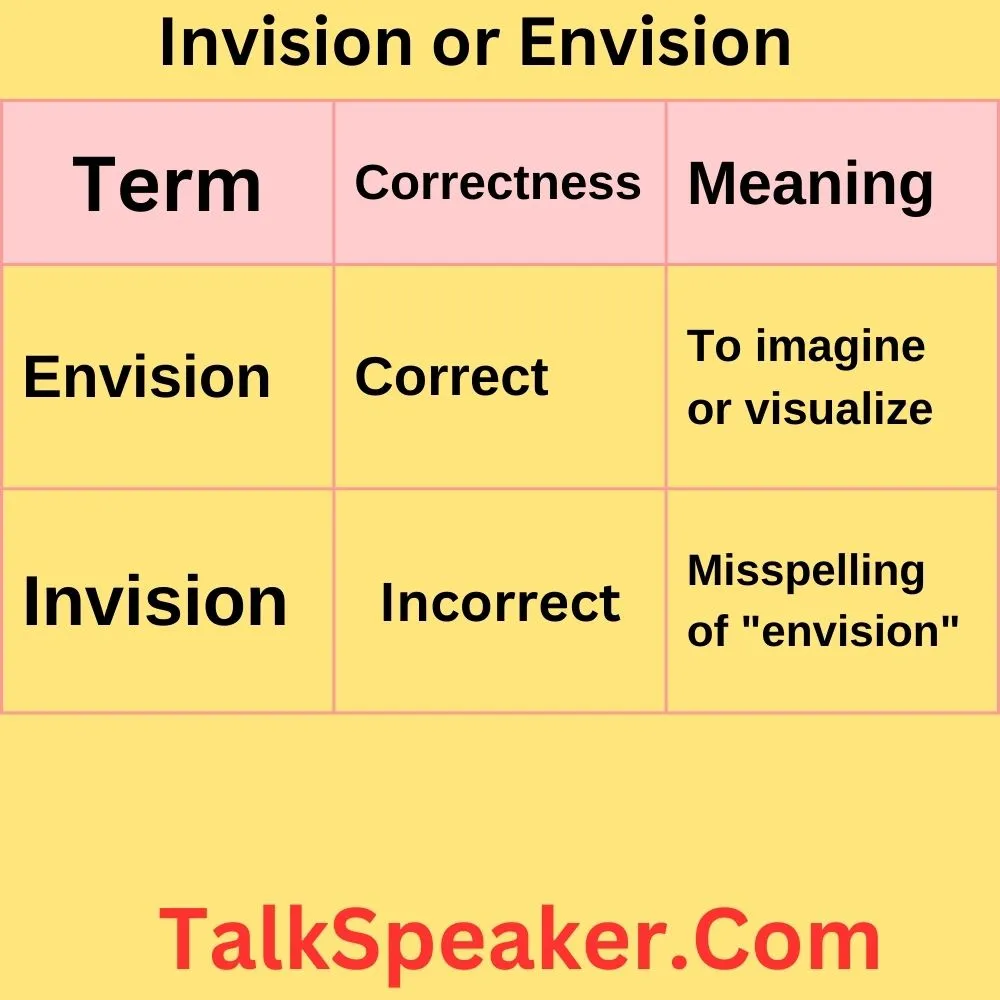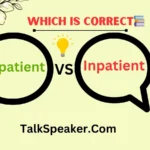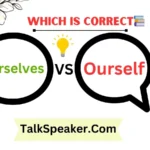Struggling to decide between “invision” or “envision“? The correct term is “envision,” meaning to visualize or imagine something.
“Invision” is a common misspelling. Learn the differences, usage tips, and how to avoid common errors in this in-depth guide! Perfect for improving your writing and understanding of English spelling.
Have you ever found yourself wondering whether you should use “invision” or “envision” in your writing? You’re not alone.
This common confusion can lead to errors that undermine the clarity and professionalism of your work. Understanding the correct usage of these terms is crucial for effective communication.
In this article, we’ll dive into the nuances of “envision,” explore why “invision” often crops up as a misspelling, and provide practical tips to ensure you use “envision” correctly.
Quick Comparison

Understanding the Common Confusion Between Invision and Envision
“Envision” is the correct spelling of the word that means to imagine or visualize something in your mind.
For example, if you say, “I envision a future where technology is seamlessly integrated into our daily lives,” you’re using “envision” correctly.
On the other hand, “invision” is a common misspelling. This error often arises because “invision” sounds similar to “envision” when spoken, and the prefix “in-” might seem like a logical fit for some writers.
However, it’s important to use “envision” to maintain clarity and accuracy in your writing.
The Origin and Evolution of the Word “Envision”
The term “envision” has a rich history that traces back to Latin roots. It combines the prefix “en-” with “vision,” which itself comes from the Latin word “visio,” meaning “sight” or “vision.”
Historical Roots
- Latin Origins: The Latin word “visio” translates to “sight” or “vision.” The prefix “en-” means “to cause” or “to put into” in Latin.
- Early Use in English: “Envision” appeared in English texts in the 17th century, evolving from “envisage,” which means to look at or see.
Development Over Time
- 17th Century: Early usage of “envision” was primarily in literary and philosophical contexts.
- Modern Usage: Today, “envision” is widely used in both formal and informal writing to describe the act of imagining or conceptualizing something.
From Old Spellings to Modern Usage
Language evolves over time, and so does spelling.
The transition from various spellings of “envision” to its modern form reflects this evolution.
Historical Spellings
- Envisage: Earlier forms like “envisage” were used interchangeably with “envision.” Both words stem from similar roots but have diverged in modern usage.
- Alternative Forms: Other historical variations included “envisionne” or “envisione,” reflecting old English orthography.
Standardization
- 19th Century: As English spelling became more standardized, “envision” emerged as the accepted form.
- Modern Usage: Today, “envision” is the preferred spelling in both American and British English, as per major style guides.
How Language Evolution Affects Spelling
Language is a living entity, constantly evolving with new influences and changes. This evolution impacts how words are spelled and used.
Language Evolution
- Influence of Other Languages: Borrowings from other languages, such as Latin and French, have shaped English spelling and usage.
- Technological Impact: The rise of digital communication has introduced new spelling trends and reinforced standard forms.
Impact on Usage
- Common Errors: As language evolves, certain misspellings become prevalent. “Invision” often appears due to its phonetic similarity to “envision.”
- Educational Tools: Modern educational tools and resources emphasize correct spelling to counteract these errors.
Correct Usage of Envision in American and British English
“Envision” is used in both American and British English, although there may be slight differences in context or frequency.
American English
- Common Usage: In American English, “envision” is frequently used in professional, academic, and everyday contexts.
- Examples:
- “I envision a future with sustainable energy sources.”
- “The team needs to envision their project goals clearly.”
British English
- Similar Usage: British English uses “envision” similarly, though “envisage” might be more common in some contexts.
- Examples:
- “She envisages a world where education is universally accessible.”
- “The architect envisions a building that blends with its surroundings.”
Envision vs. Invision: Clarity on Proper Spelling
Understanding why “envision” is the correct spelling requires examining common sources of confusion and clarifying the distinction.
Comparison
- “Envision”: The correct term meaning to imagine or visualize.
- “Invision”: An incorrect spelling often arising from phonetic similarity and typographical errors.
Why the Confusion
- Visual Similarity: “Invision” closely resembles “envision,” making it a tempting error.
- Phonetic Confusion: The pronunciation of “envision” may lead some to mistakenly write “invision.”
Why Invision Is a Persistent Misspelling
The persistence of “invision” as a misspelling can be attributed to several factors.
Visual Similarity
- Typographical Error: The similarity in letter arrangement can lead to frequent typing mistakes.
- Visual Pattern: “Invision” follows a common pattern seen in other English words, creating a false sense of correctness.
Phonetic Confusion
- Pronunciation: The “en-” prefix in “envision” may sound like “in-” when spoken quickly.
- Common Mishearing: Listeners might misinterpret “envision” as “invision,” leading to misspelling.
Influence of Technology
- Autocorrect Issues: Autocorrect and spell checkers may fail to catch “invision,” especially in informal contexts.
- Digital Communication: The informal nature of online writing can perpetuate spelling errors.
Expanding Your Vocabulary: Synonyms and Usage of Envision
Enhancing your vocabulary can help you use “envision” and its synonyms effectively.
Synonyms for Envision
- Imagine: To form a mental image or concept.
- Visualize: To see or form a mental picture of something.
- Conceive: To form or devise an idea or plan.
Usage Examples
- Imagine: “Imagine a world where every child has access to education.”
- Visualize: “Visualize the project completed successfully.”
- Conceive: “The architect conceived a design that integrates modern and traditional elements.”
What People Want To Know:
1. What is the correct spelling: Invision or Envision?
The correct spelling is “envision”, which means to imagine or visualize something. “Invision” is a common misspelling.
2. Why do people confuse Invision with Envision?
People often confuse the two because they sound similar when spoken, and the prefix “in-” seems like a logical fit for some writers.
3. What does “envision” mean?
“Envision” means to imagine, picture, or visualize something in your mind, often relating to future events or possibilities.
4. Is “invision” ever correct in English?
No, “invision” is not correct. It is a misspelling of “envision.”
5. Can “envision” and “imagine” be used interchangeably?
Yes, “envision” and “imagine” can often be used interchangeably, though “envision” tends to emphasize visualizing specific ideas or future events.
Conclusion
In summary, the correct spelling is “envision,” not “invision.” Understanding the historical roots, language evolution, and reasons for common misspellings can help you avoid errors and communicate more effectively.
By practicing correct usage and exploring synonyms, you can enhance your writing and broaden your vocabulary.
Additional Resources
- Merriam-Webster Dictionary
- Oxford English Dictionary
- Grammarly

Sophie Mitchell, a seasoned English educator, brings her passion for language and years of teaching expertise to TalkSpeaker. With a knack for simplifying grammar and expanding vocabulary, she empowers learners to master English with confidence.




